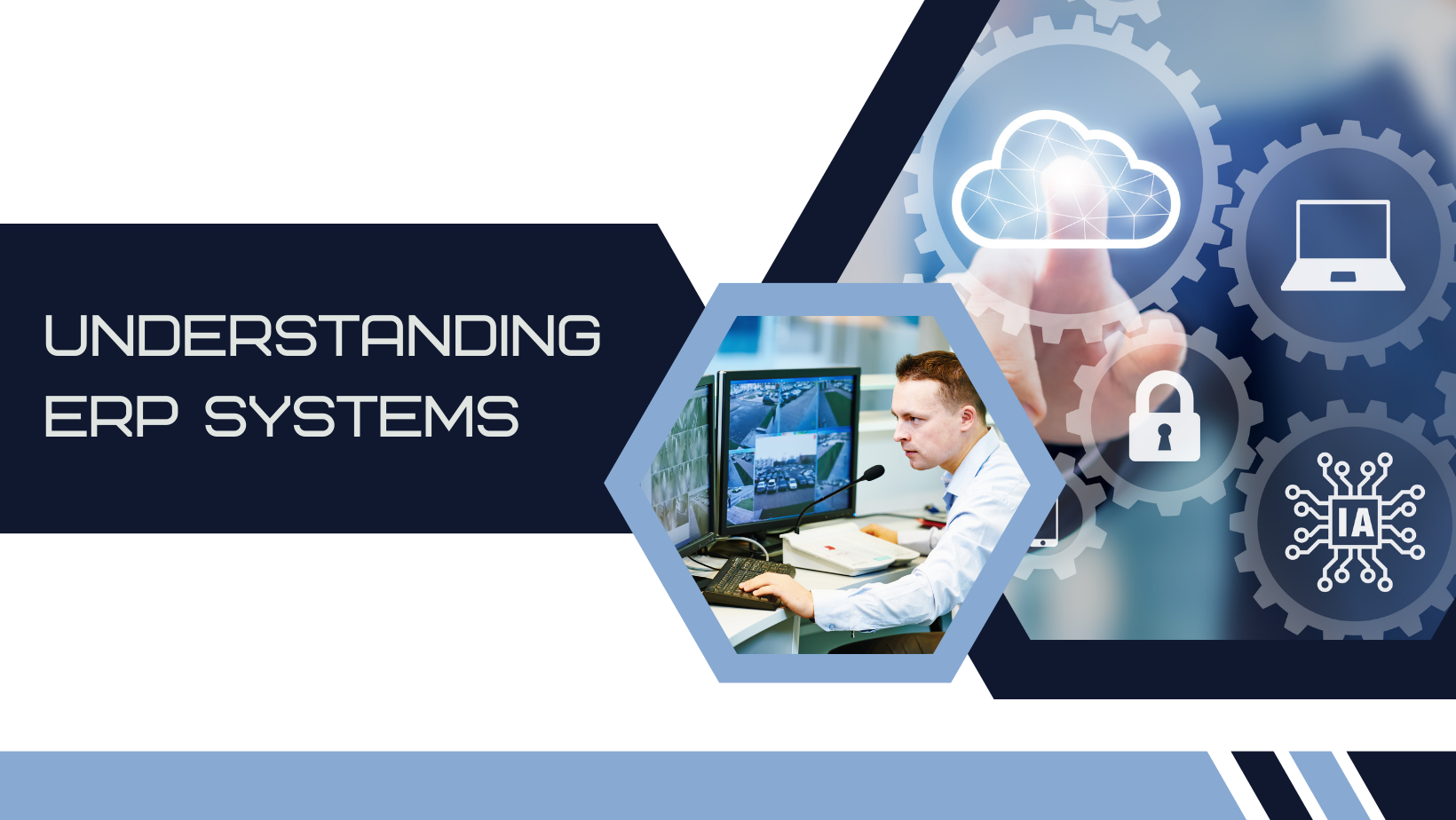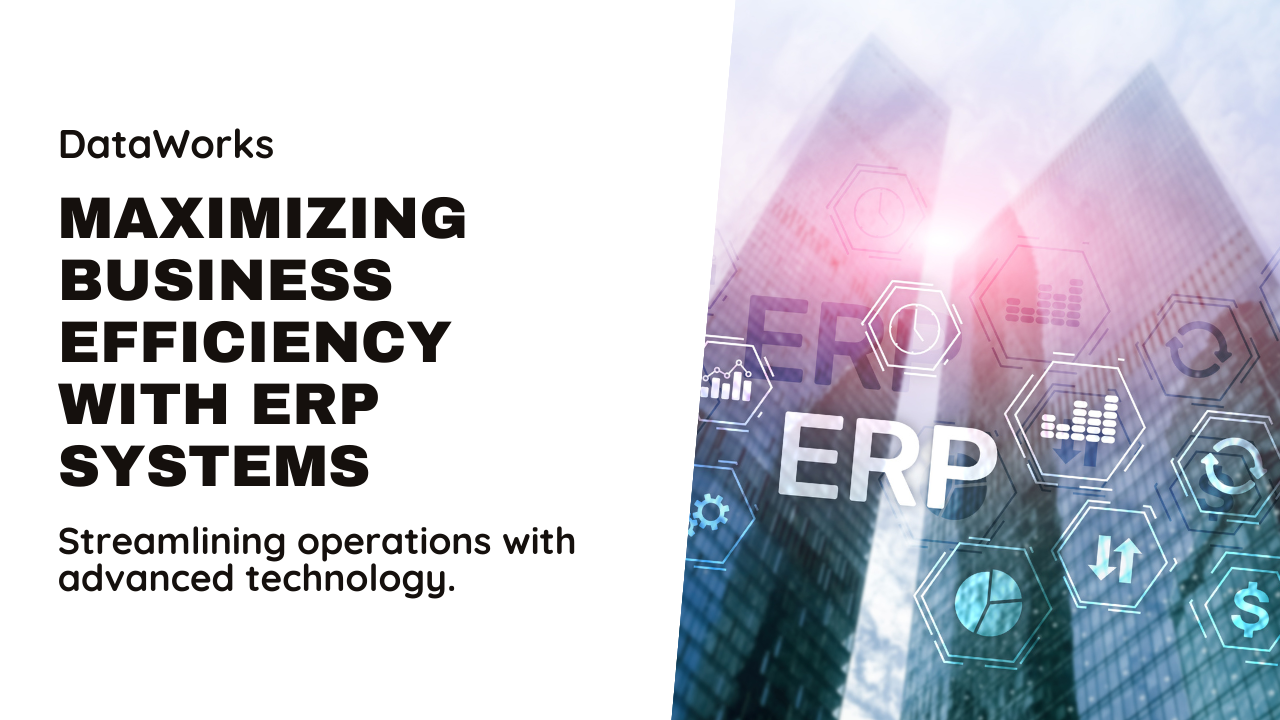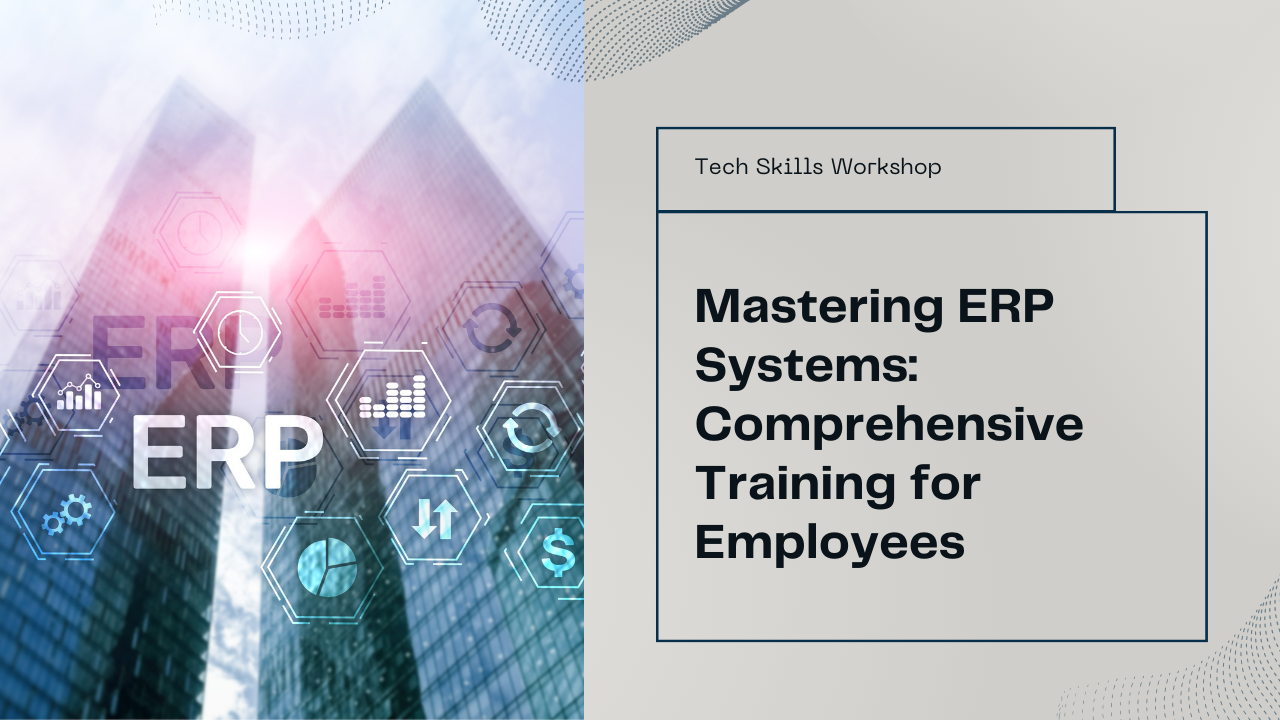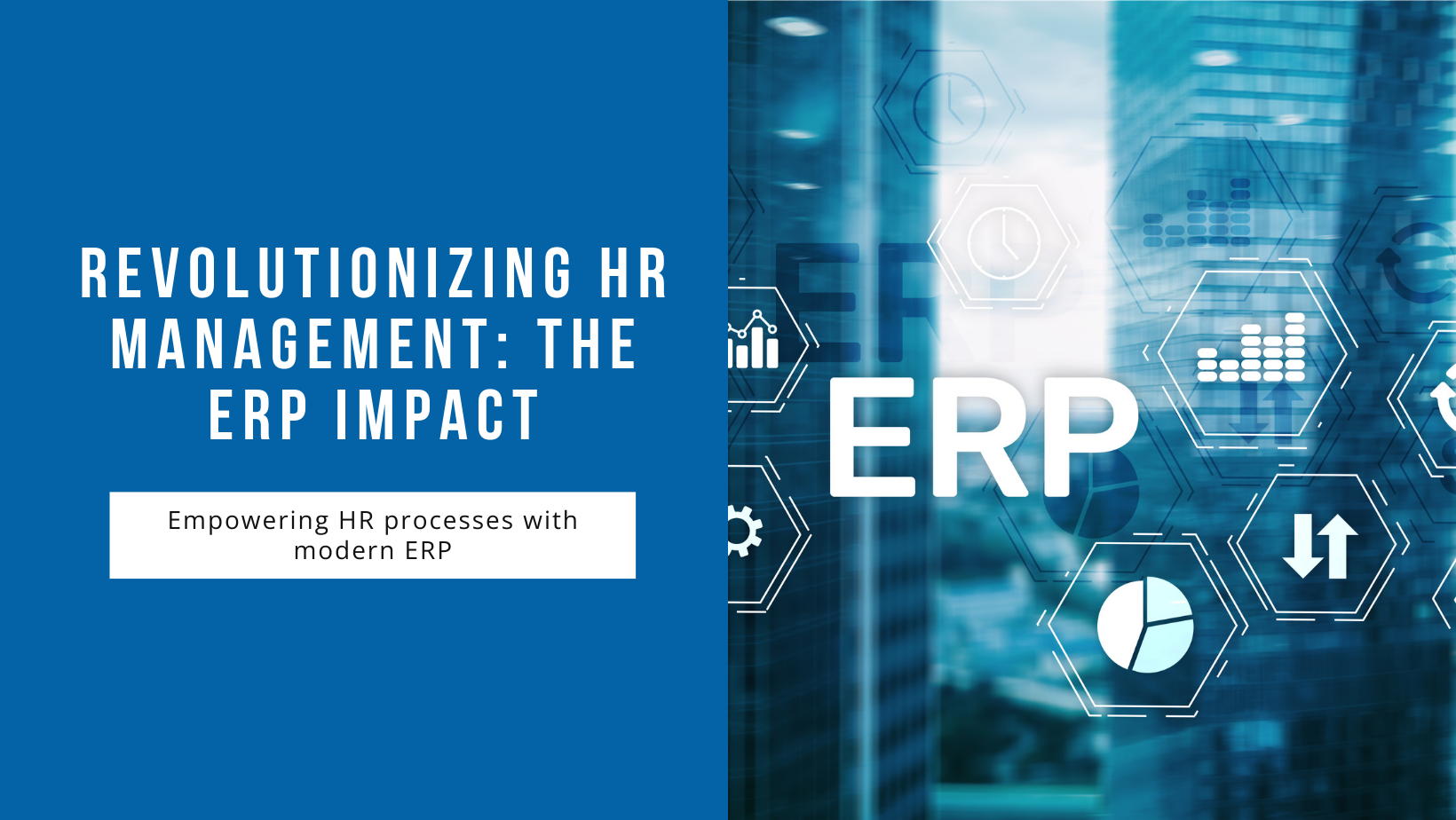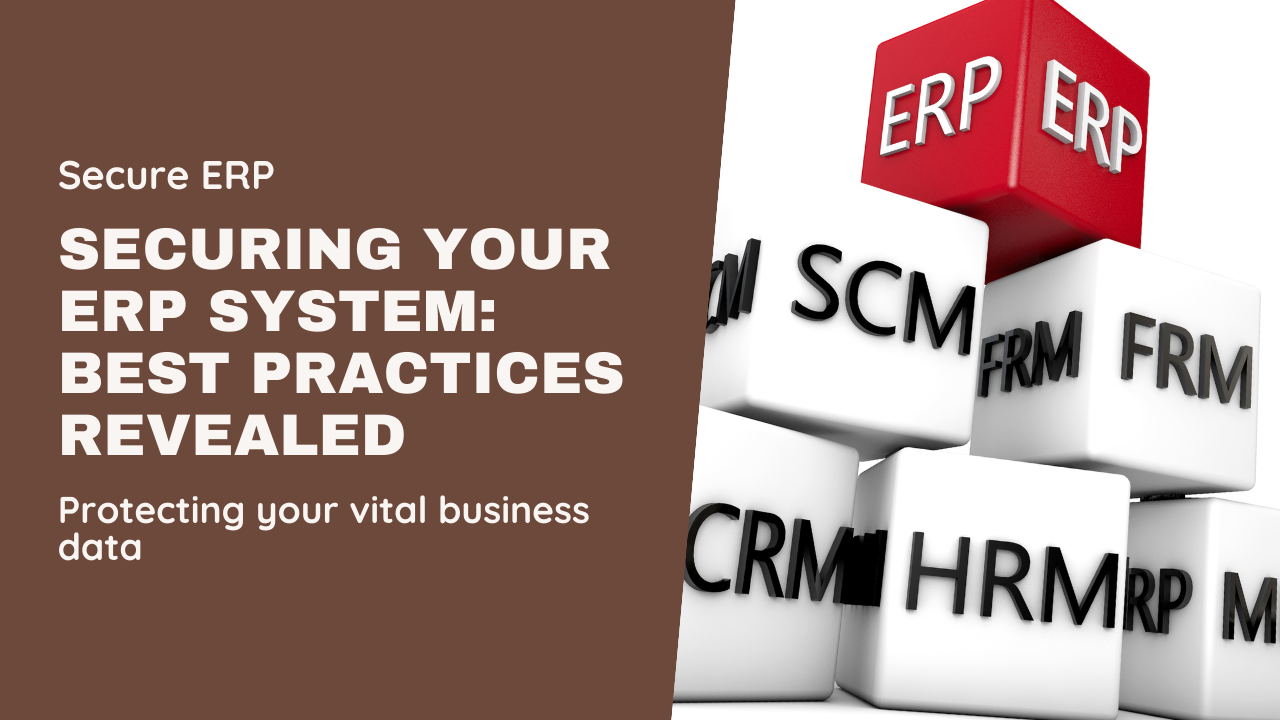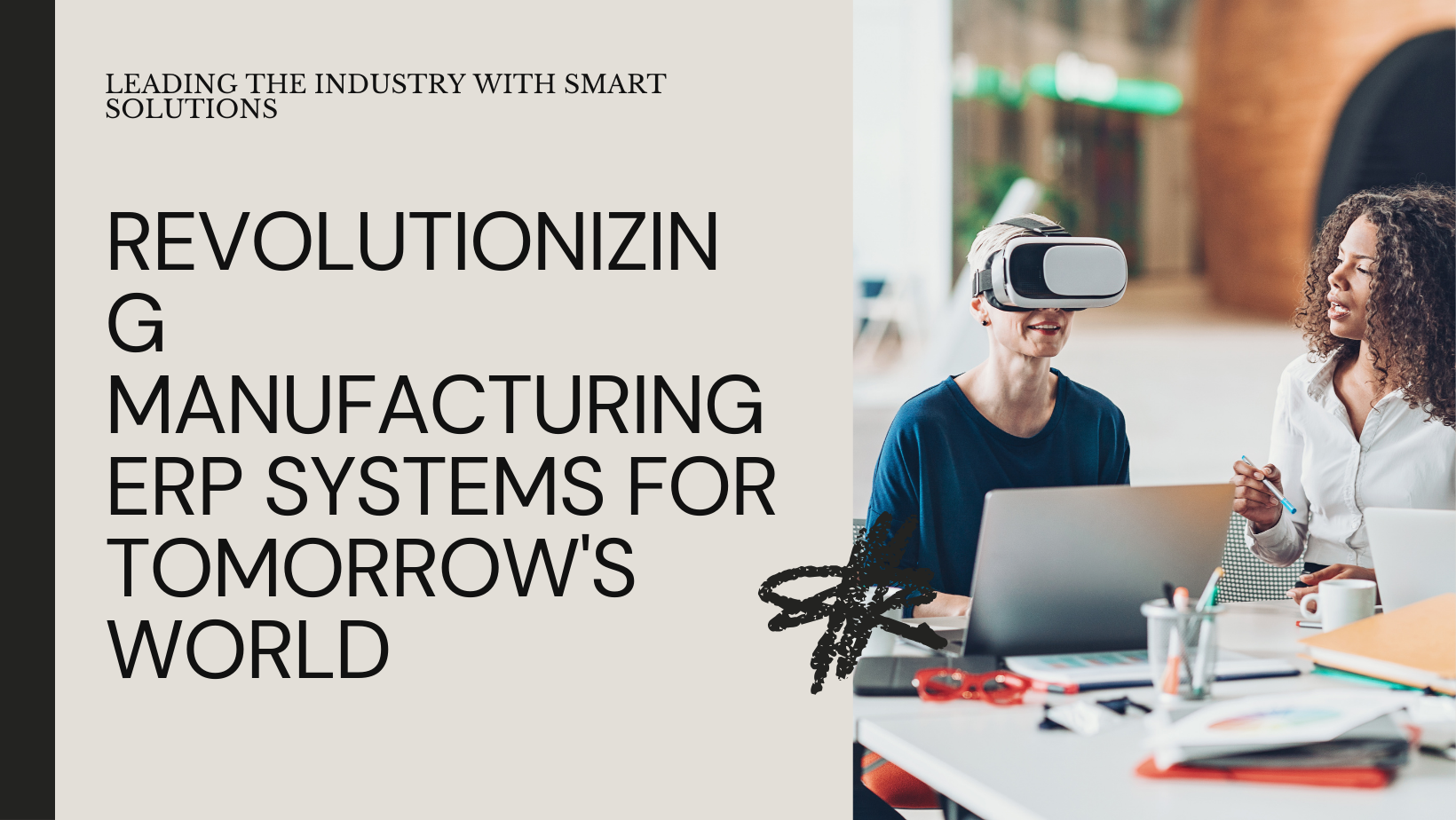Enterprise Resource Planning (ERP) systems have evolved significantly from their inception as software solutions for managing core business functions. Today, ERP systems play a crucial role in driving operational efficiency, facilitating data-driven decision-making, and enabling digital transformation across industries. As businesses continue to adapt to technological advancements and changing market dynamics, the future of ERP promises innovation, scalability, and enhanced capabilities. Let’s explore the trends and advancements shaping the future of ERP in business.
Evolution of ERP Systems
Traditionally, ERP systems focused on integrating and automating back-office functions such as finance, HR, and manufacturing. Over the years, ERP solutions have expanded to encompass broader functionalities, including supply chain management, customer relationship management (CRM), business intelligence (BI), and advanced analytics. This evolution reflects a shift towards comprehensive, integrated platforms that unify disparate business processes and data sources into a cohesive ecosystem.
Key Trends Shaping the Future of ERP
**1. ** Cloud-Based Deployment: The adoption of cloud-based ERP solutions continues to rise, driven by benefits such as scalability, flexibility, and cost-efficiency. Cloud ERP enables businesses to access real-time data, support remote work environments, and deploy updates seamlessly, enhancing agility and reducing infrastructure costs.
**2. ** AI and Machine Learning: AI-powered ERP systems leverage machine learning algorithms to automate repetitive tasks, predict trends, and optimize decision-making processes. Intelligent ERP capabilities enable predictive analytics, anomaly detection, and personalized insights, empowering businesses to anticipate market shifts and operational challenges proactively.
**3. ** IoT Integration: The Internet of Things (IoT) integration with ERP extends connectivity beyond traditional business processes to physical assets, devices, and sensors. IoT-enabled ERP systems enable real-time monitoring of production environments, predictive maintenance, and supply chain visibility, enhancing operational efficiency and asset utilization.
**4. ** Blockchain Technology: Blockchain integration in ERP systems enhances data security, transparency, and traceability across supply chains and financial transactions. Blockchain-enabled ERP solutions streamline verification processes, reduce fraud risks, and improve trust among stakeholders through immutable, decentralized ledgers.
**5. ** Edge Computing: Edge computing capabilities in ERP systems enable data processing and analysis closer to the source of data generation, enhancing real-time insights, reducing latency, and supporting offline operations in remote or bandwidth-constrained environments.
Benefits of Future ERP Systems
Embracing the future of ERP systems offers numerous benefits that drive business growth, operational excellence, and competitive advantage:
**1. ** Scalability and Flexibility: Cloud-based ERP solutions scale resources dynamically to accommodate business growth, support global operations, and adapt to evolving industry requirements without costly infrastructure investments.
**2. ** Data-Driven Decision Making: AI-driven analytics and predictive insights empower businesses to make informed decisions based on real-time data, market trends, and customer behavior, fostering agility and competitive edge in the marketplace.
**3. ** Enhanced User Experience: Modern ERP systems prioritize intuitive interfaces, personalized dashboards, and mobile accessibility to enhance user experience and productivity across diverse roles and devices.
**4. ** Operational Efficiency: Automation of routine tasks, streamlined workflows, and integration of IoT and AI technologies optimize resource allocation, minimize waste, and improve operational efficiency throughout the organization.
**5. ** Compliance and Security: Blockchain technology ensures data integrity, enhances compliance with regulatory standards, and strengthens cybersecurity measures, safeguarding sensitive information and maintaining trust with customers and partners.
Implementing Future ERP Strategies
Successful adoption of future ERP strategies requires careful planning, stakeholder alignment, and technological readiness:
**1. ** Strategic Planning: Define clear objectives, KPIs, and business outcomes aligned with organizational goals to guide ERP implementation and maximize return on investment (ROI).
**2. ** Change Management: Invest in training programs, organizational change management, and stakeholder engagement to facilitate smooth transition and adoption of new ERP capabilities across the organization.
**3. ** Vendor Selection: Evaluate ERP vendors based on scalability, industry expertise, support services, and integration capabilities to choose a solution that meets current and future business needs.
**4. ** Continuous Improvement: Implement agile methodologies, conduct regular audits, and gather user feedback to iterate on ERP functionalities, address emerging challenges, and leverage new technologies for ongoing innovation.
Conclusion
In conclusion, the future of ERP in business is characterized by innovation, integration of advanced technologies, and a focus on enhancing agility, scalability, and operational efficiency. By embracing cloud computing, AI, IoT, blockchain, and edge computing capabilities, organizations can unlock new opportunities for growth, optimize business processes, and drive digital transformation in a competitive global marketplace. Invest in future-ready ERP solutions that empower your workforce, enable data-driven decision-making, and position your business for sustainable success in the digital age.

